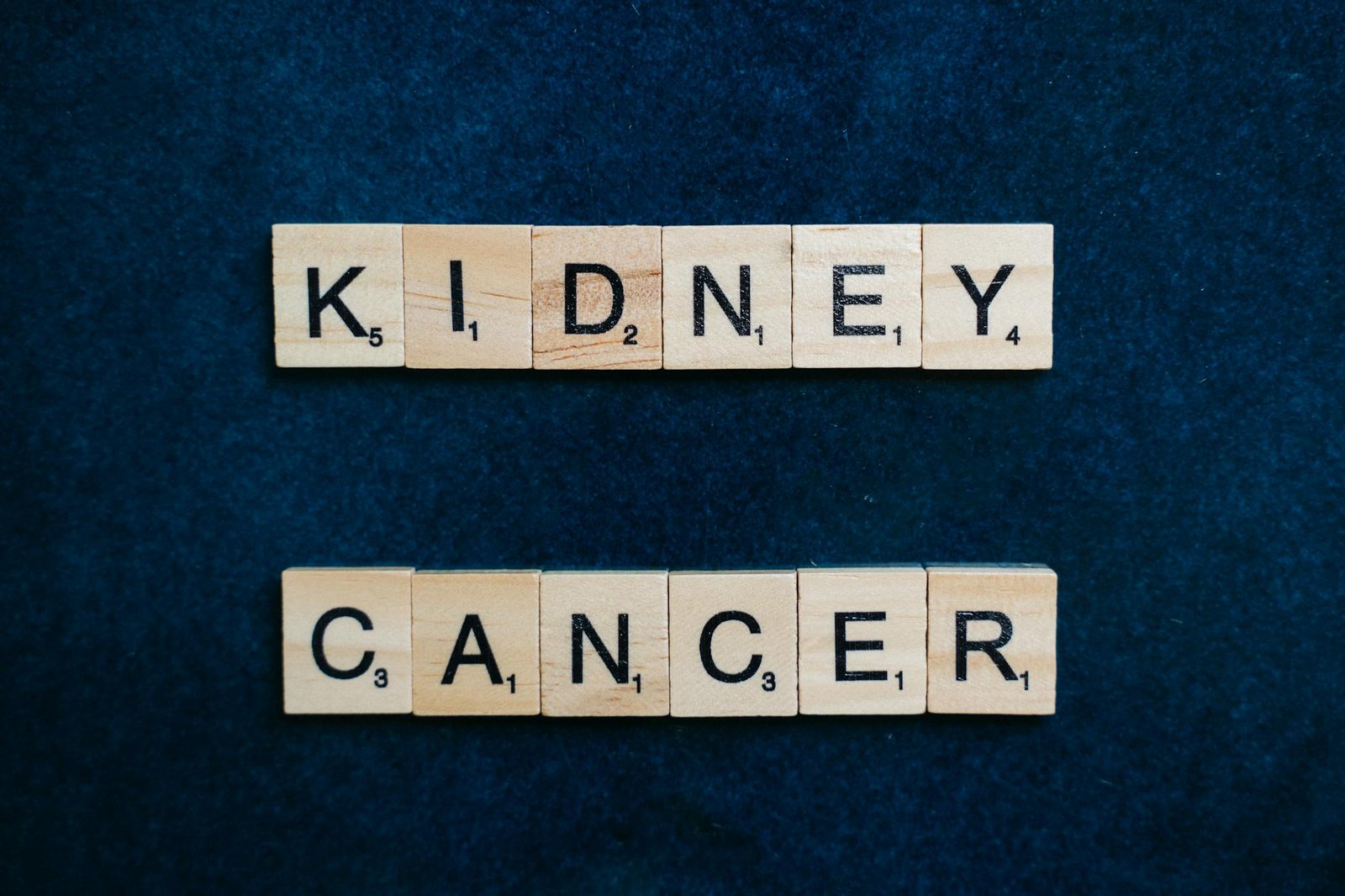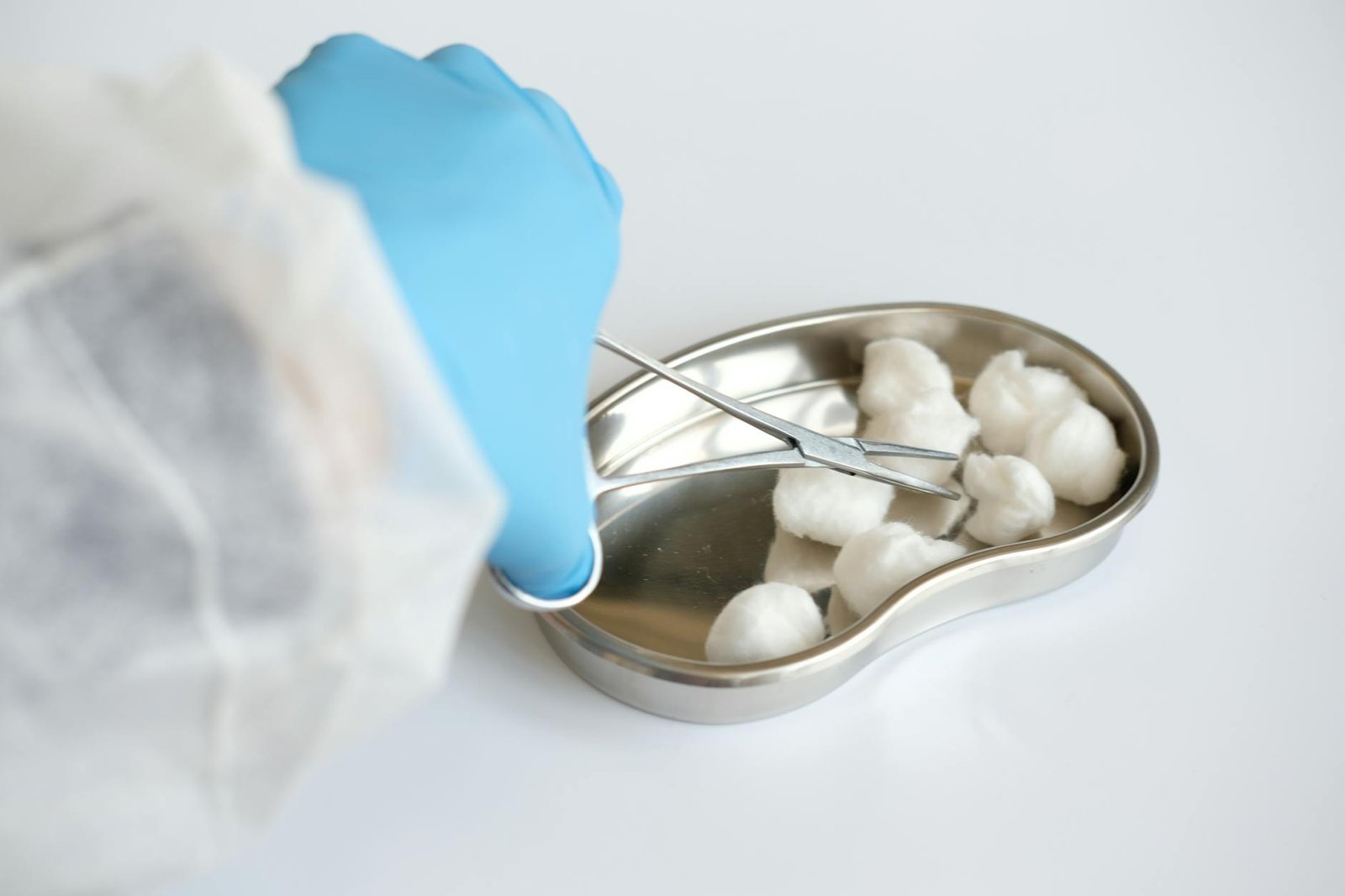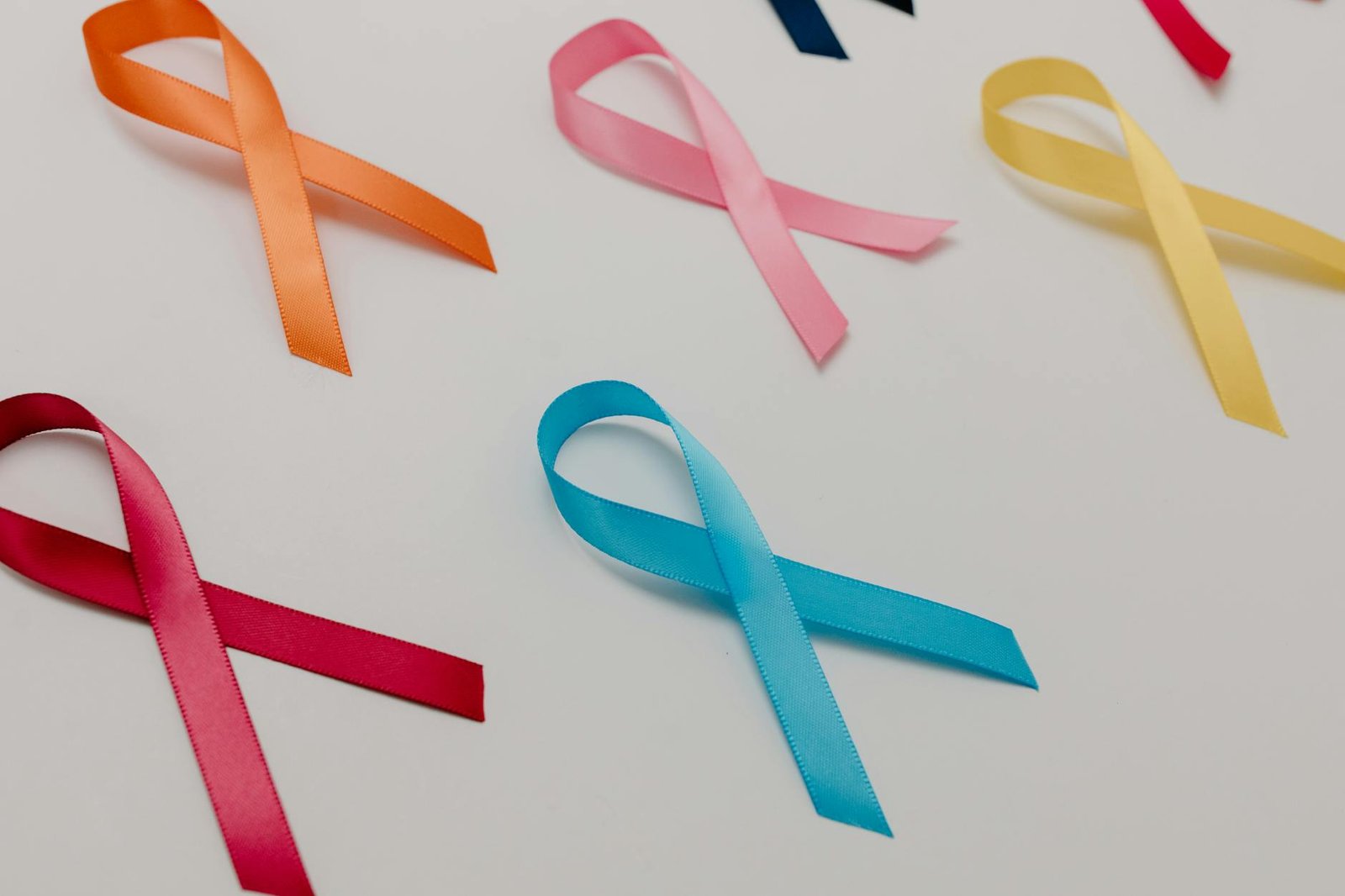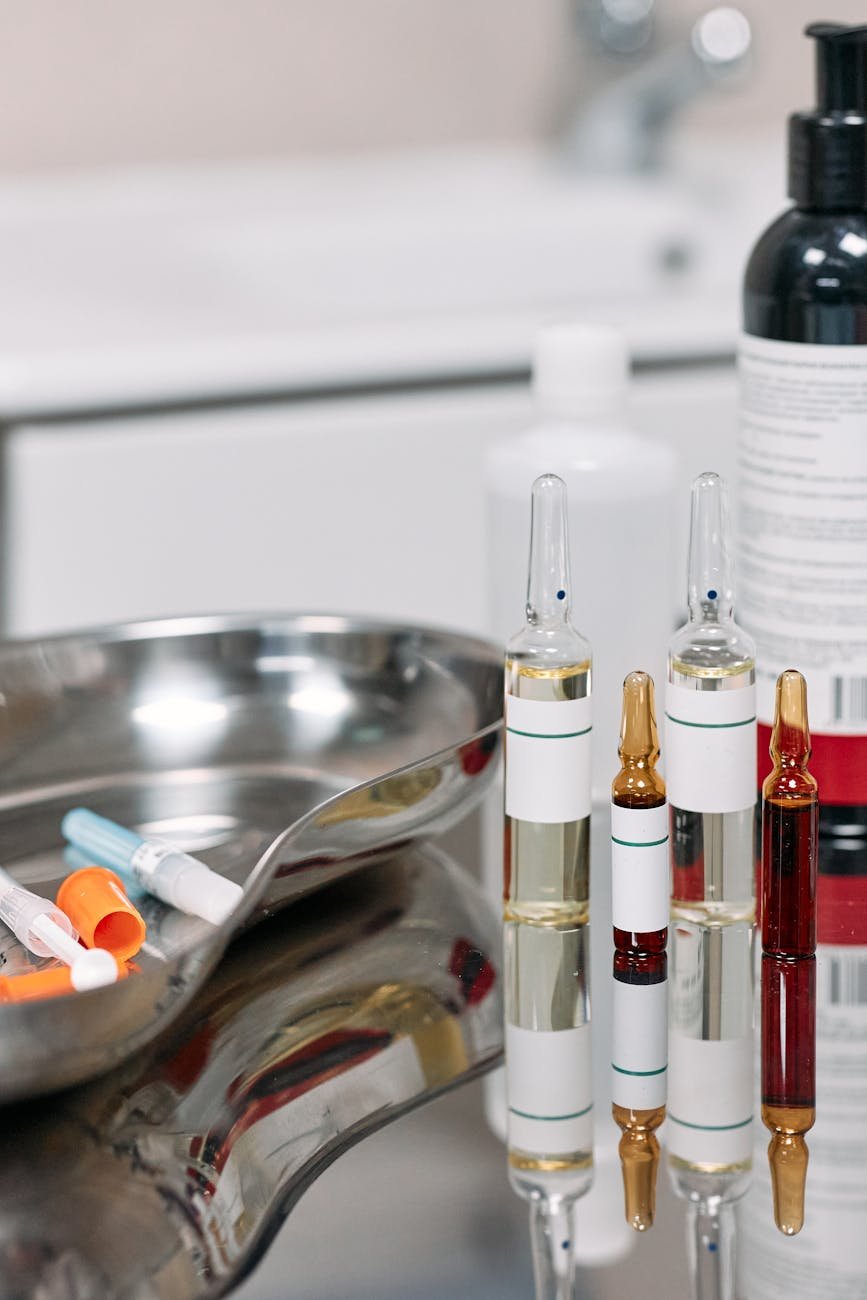Signs of Kidney-Related Waist Pain: What You Need to Know
Have you ever wondered about that nagging pain around your waist? It could be your kidneys trying to tell you something. Understanding the signs of kidney-related waist pain can help you identify when it’s time to pay attention to your kidney health. Let’s dive into what you need to know.
Location Matters: Where Exactly is the Pain?
When it comes to kidney-related waist pain, location is key. Your kidneys are located near the middle of your back, just below the rib cage. Pain in this area—typically on one side or the other—could indicate a problem with your kidneys.
If you experience dull, aching pain or discomfort in your lower back that doesn’t seem to go away, it might be worth noting. Sometimes, kidney pain can radiate to your abdomen or groin, so pay attention to any changes or additional symptoms.
Urinary Changes: What Your Body Is Saying
Your kidneys play a crucial role in filtering waste and excess fluids from your blood, producing urine that carries these substances out of your body. Changes in your urinary habits can be a sign that something’s amiss.
If you notice blood in your urine, changes in urine color (like dark or foamy urine), increased or decreased urine output, or difficulty urinating, these could indicate kidney issues. Pay attention to any changes and discuss them with your healthcare provider.
Other Symptoms to Watch For
Kidney-related waist pain may be accompanied by other symptoms that warrant attention. These can include:
- Fever or chills, which may indicate an infection in the kidneys (such as a urinary tract infection or kidney infection).
- Nausea or vomiting, especially if it’s persistent and not related to other factors like food poisoning.
- Fatigue or weakness, which can occur if your kidneys aren’t functioning optimally and toxins build up in your body.
If you experience any of these symptoms along with waist pain, it’s important to seek medical advice promptly.
When to Consult a Healthcare Provider
While occasional back pain is common, persistent or severe pain around your waist should be evaluated by a healthcare professional. If you suspect kidney-related issues based on your symptoms, it’s essential to get checked out.
Your healthcare provider may perform tests such as blood tests, urine tests, imaging studies (like ultrasound or CT scan), or a kidney biopsy to diagnose the underlying cause of your symptoms. Early detection and treatment can prevent complications and promote kidney health.
Potential Causes of Kidney-Related Waist Pain
Several conditions can cause kidney-related waist pain, including:
- Kidney Stones: Hard deposits of minerals and salts that form inside your kidneys and can cause severe pain as they pass through the urinary tract.
- Urinary Tract Infections (UTIs): Infections that can affect the kidneys, bladder, or urethra and cause pain, burning during urination, and other urinary symptoms.
- Kidney Infections: A bacterial infection that affects the kidneys and requires prompt medical treatment to prevent complications.
- Kidney Disease: Chronic conditions like diabetes or high blood pressure can damage the kidneys over time, leading to pain and other symptoms.
Understanding the cause of your waist pain is crucial for receiving appropriate treatment and managing your kidney health effectively.
Healthy Habits for Kidney Health
Maintaining good kidney health is essential for overall well-being. Here are some tips to support your kidneys:
- Stay Hydrated: Drink plenty of water throughout the day to help flush out toxins and keep your kidneys functioning properly.
- Eat a Balanced Diet: Include foods that are rich in antioxidants, vitamins, and minerals. Limit salt, sugar, and processed foods to reduce the risk of kidney stones and other kidney-related issues.
- Exercise Regularly: Physical activity promotes circulation and overall health, which can benefit your kidneys.
- Monitor Blood Pressure and Blood Sugar Levels: High blood pressure and diabetes can damage kidneys over time, so managing these conditions is important.
- Avoid Smoking and Limit Alcohol: These habits can negatively impact kidney function and overall health.
By adopting these healthy habits, you can support your kidneys and reduce the risk of kidney-related waist pain and other complications.
Kidney Stone Prevention and Treatment: Your Guide to Keeping Cool Kidneys

Let’s chat about kidney stones—those tiny troublemakers that can cause big discomfort. Whether you’re looking to prevent them from forming or seeking ways to manage them if you’ve had one before, we’ve got you covered with tips and tricks to keep your kidneys happy.
Understanding Kidney Stones: What Are They Exactly?
Imagine a small, hard deposit of minerals and salts that forms inside your kidneys or urinary tract—ouch! These are kidney stones, and they can vary in size from a grain of sand to a pearl. When they move through your urinary system, they can cause pain and discomfort.
Kidney stones are often made of calcium oxalate, but they can also be composed of uric acid or other minerals. Understanding what type of stone you have can help guide prevention strategies and treatment options.
Preventing Kidney Stones: Hydrate, Hydrate, Hydrate!
One of the best ways to prevent kidney stones is to stay hydrated. Drinking plenty of water dilutes the substances in urine that can lead to stone formation. Aim for at least 8 glasses of water a day, and if you’re prone to stones, you may need even more.
Lemonade lovers, rejoice—lemon juice contains citrate, which can help prevent calcium stones from forming. So, sip on some lemonade (homemade, of course, for that extra zing!) or add fresh lemon to your water for a tasty twist and kidney stone defense.
Dietary Tips: What to Eat (and What to Avoid)
When it comes to preventing kidney stones, your diet plays a crucial role. Foods high in oxalates, like spinach, rhubarb, and nuts, can contribute to stone formation. That doesn’t mean you have to skip them altogether—just enjoy them in moderation.
Calcium-rich foods, on the other hand, can actually help prevent oxalate absorption in the intestines, reducing the risk of calcium oxalate stones. Think dairy products, fortified plant-based milks, and leafy greens like kale and broccoli—nature’s calcium superheroes!
Treatment Options: Breaking Down the Stones
If you’ve ever experienced the pain of passing a kidney stone, you know it’s no picnic. Treatment depends on the size and location of the stone, as well as your symptoms. Small stones may pass on their own with plenty of fluids and pain management medications.
For larger stones or those causing severe pain, your healthcare provider may recommend procedures to help break them down or remove them. Extracorporeal shock wave lithotripsy (ESWL) uses sound waves to break stones into smaller pieces that can pass more easily.
Medications and Surgical Options
Certain medications can help prevent the formation of kidney stones by adjusting urine composition. Your doctor may prescribe medications to reduce calcium or uric acid levels in your urine, depending on the type of stones you form.
In some cases, surgical procedures like ureteroscopy or percutaneous nephrolithotomy (PNL) may be necessary to remove stones that are too large to pass on their own or are causing complications like urinary tract obstruction or infection.
Lifestyle Tips for Kidney Stone Warriors
Living with kidney stones means making some lifestyle adjustments to reduce your risk and manage symptoms. Here are a few tips to keep in mind:
- Stay Hydrated: Always keep a water bottle handy and sip regularly throughout the day.
- Monitor Your Diet: Balance your intake of oxalate-rich foods with calcium-rich options and maintain a healthy weight.
- Manage Underlying Conditions: If you have conditions like hyperparathyroidism or inflammatory bowel disease, work with your healthcare provider to manage them effectively.
When to Seek Help: Signs You Shouldn’t Ignore
While some kidney stones pass without causing major issues, others require medical attention. Seek prompt medical care if you experience:
- Intense pain that doesn’t improve with pain medication and lasts more than a few hours.
- Blood in your urine or pink, red, or brown urine.
- Fever and chills, which may indicate an infection related to a kidney stone.
Ignoring symptoms or delaying treatment can lead to complications, so trust your instincts and reach out to a healthcare provider if you have concerns.
Hydration and Your Kidneys: Quenching Their Thirst for Health

Let’s also talk about one of the simplest yet most crucial aspects of kidney health—hydration. Your kidneys love water as much as you do, and keeping them well-hydrated is key to their optimal functioning. Here’s why hydration matters and how you can ensure your kidneys stay happy and healthy.
Why Hydration is Vital for Kidney Health
Think of your kidneys as your body’s filtration system. They work around the clock to remove waste and excess fluids from your blood, producing urine that carries these substances out of your body. Adequate hydration helps keep this process running smoothly.
When you’re well-hydrated, urine flows freely, carrying toxins and waste products out of your kidneys. This reduces the concentration of minerals and salts that can lead to the formation of kidney stones or other kidney-related issues. So, drink up to keep those filters in top shape!
How Much Water Do You Really Need?
Ah, the age-old question—how much water should you drink? While the “8 glasses a day” rule is a good starting point, individual hydration needs can vary based on factors like age, activity level, and climate. Listen to your body’s thirst signals and sip water throughout the day.
As a general guideline, aim for about 8-10 cups (64-80 ounces) of water daily. If you’re physically active, pregnant, breastfeeding, or live in a hot climate, you may need more. Remember, beverages like herbal teas, diluted fruit juices, and even certain foods contribute to your daily fluid intake.
Signs of Dehydration: Listen to Your Body
Ever feel sluggish, dizzy, or have a headache? Your body may be telling you it needs more water. Dehydration occurs when you don’t have enough fluid to carry out normal functions, and it can impact your kidneys’ ability to do their job effectively.
Other signs of dehydration include dark-colored urine, dry mouth or lips, infrequent urination, and feeling unusually thirsty. If you experience these symptoms, reach for a glass of water and hydrate yourself—your kidneys will thank you!
The Role of Hydration in Preventing Kidney Stones
Kidney stones are often caused by concentrated urine, where minerals and salts can crystallize and form stones. Adequate hydration helps dilute urine, reducing the risk of stone formation. It’s like giving your kidneys a steady stream to flush out potential troublemakers.
For those prone to kidney stones, drinking enough water is especially crucial. Studies suggest that increasing fluid intake can significantly reduce the recurrence of kidney stones, making hydration a powerful tool in stone prevention. So, sip smartly and keep those stones at bay!
Hydration and Overall Health Benefits
Beyond kidney health, staying hydrated offers a host of benefits for your overall well-being:
- Maintains Healthy Skin: Hydration keeps your skin moisturized and glowing.
- Boosts Energy Levels: Dehydration can lead to fatigue—stay hydrated for sustained energy.
- Supports Digestive Health: Water aids in digestion and helps prevent constipation.
- Regulates Body Temperature: Proper hydration helps your body maintain a stable temperature.
By prioritizing hydration, you’re not just supporting your kidneys—you’re investing in your overall health and vitality. It’s a simple yet powerful way to feel your best every day.
Patient Testimonials: Real Stories of Kidney Stone Experiences

Hey there, curious minds! Ever wondered what it’s like to deal with kidney stones? We’ve gathered some firsthand accounts from brave souls who’ve faced these little mineral marvels head-on. Their stories shed light on the challenges, triumphs, and lessons learned along the way.
Living with Kidney Stones: A Day in the Life
“I never knew something so tiny could cause so much pain! When my first kidney stone hit, it felt like I was being stabbed in the back. The pain was intense and radiated to my lower abdomen. I couldn’t sit still—it was that bad.”
- Sarah, 34
Sarah’s experience highlights the excruciating pain that often accompanies kidney stones. Many describe it as one of the worst pains they’ve ever felt, comparable to childbirth or broken bones. It’s a reminder of the resilience and strength needed to endure such discomfort.
The Journey to Diagnosis and Treatment
“After weeks of back pain and trips to the bathroom, I finally went to the doctor. Turns out, I had a stubborn kidney stone causing all the trouble. I had to undergo shock wave lithotripsy to break it up—it was like magic!”
- Mike, 45
Mike’s journey underscores the importance of seeking medical help when symptoms persist. Diagnosis often involves imaging tests like CT scans or ultrasounds to locate the stone. Treatment options vary depending on the stone’s size and location, ranging from conservative measures to surgical interventions.
Tips and Tricks from Those Who’ve Been There
“Hydration is key! After my first kidney stone, I’ve made it a mission to drink more water every day. It’s the best defense against those pesky stones.”
- Emily, 29
Emily’s advice echoes a common theme among kidney stone survivors—hydration is crucial. By keeping urine diluted, you reduce the risk of minerals crystallizing and forming stones. It’s a simple yet effective way to take charge of your kidney health and prevent future episodes.
Coping Strategies and Support
“Having a support system makes all the difference. My friends and family were there for me during the worst of it, bringing me heating pads and distracting me with funny movies.”
- Jason, 38
Jason’s story highlights the importance of emotional support during challenging times. Dealing with kidney stones can be isolating and emotionally draining. Having loved ones who offer comfort and distraction can make the journey more bearable.
Lessons Learned: Looking Forward
“After going through multiple kidney stone episodes, I’ve learned to listen to my body and prioritize self-care. It’s taught me to appreciate good health and take preventive measures seriously.”
- Lisa, 50
Lisa’s journey reflects the resilience and wisdom gained from navigating recurrent kidney stones. Each episode brings new insights into managing triggers and maintaining kidney health. It’s a journey of self-discovery and empowerment in the face of health challenges.
